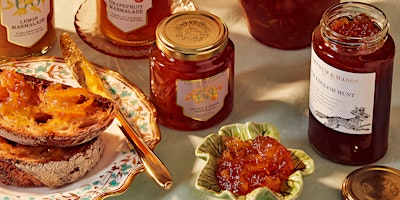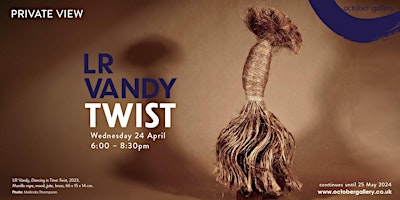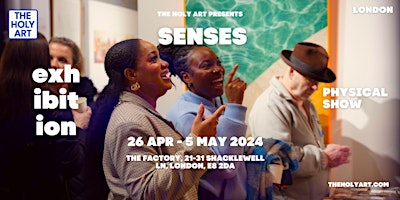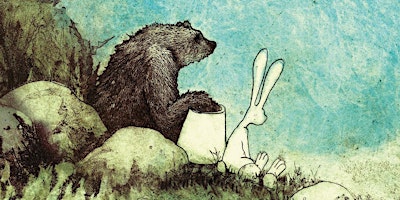You must login before you can post a comment.
- 🎉
- 🍻
NO MORE FLOWERS - Launch Night
Performing & Visual Arts
'NO MORE FLOWERS' is the first solo exhibition by Syrian photographer Abd Doumany, which brings together images in different registers that bear witness to the origins of the war, and honours its many dead.
The Launch Night will be a chance to explore the work in the exhibition and enjoy a drink.
'NO MORE FLOWERS' runs from 30 October 2019 to 15 January 2020.
The exhibition is presented by the UAL Photography and the Archive Research Centre at London College of Communication.
About NO MORE FLOWERS:
'NO MORE FLOWERS' is the first solo exhibition by Syrian photographer Abd Doumany, which brings together images in different registers that bear witness to the origins of the war, and honours its many dead. The title reflects the harsh reality of life in war torn Syria: there are so many funerals that there are literally no more flowers left to adorn the coffins.
This is one of the very personal observations that only an insider can make and this exhibition does just that: it shows this conflict from within. Doumany found himself face to lifeless face with people he knew, including members of his family, through the process of editing his own images. This encounter necessitated an ethics of seeing beyond the documentary form. His confrontation with so many brutalised bodies has led to a questioning of the violence of the image itself. Using smashed fragments of mirrored glass, to anonymise the faces of the dead, at the same time reveals an image of the viewer, broken by sight.
A further series of images, from an installation work, The Layered Cemetery of Douma, is partially covered by the same brightly coloured fabrics used to wrap bodies when the usual shrouding fabric was unavailable, due to the unprecedented number of burials. With these images, the viewer can choose whether to witness the worst atrocities of the war by moving the silk aside.
Since his arrival in London in 2018, Doumany has been creating a book of the dead, hand-writing the names of more than 8,000 so far, in act of commemoration and preservation, after he learned the death register went missing from Douma’s cemetery. A video piece has been created for this exhibition, to mark his performative act of re-writing deaths that have otherwise been obliterated from official records. This work sees the names being inscribed into history.
The fourth series in the exhibition is a wall of images, its title inspired by How to Start A Battalion, an article by Ghaith Abdul Ahad for the London Review of Books, the likes of which rarely appears in Western press. Photography was not the chosen profession of Doumany; he was training to be a dentist when war broke out. Living through the siege of Douma necessitated the creation of visual evidence, as he witnessed destruction, disappearances and deaths on a scale previously unimaginable. He also witnessed hundreds of young men like him starting and joining battalions, and was permitted to photograph their clandestine meetings and training sessions. He offers us an aesthetics of a very contemporary battlefield. During this period, Doumany was injured and was unable to walk for a year. He continued to photograph from his bed, and some of these personal images of friends and family are shown here, too, as domestic life and the life of war became indistinguishable and forever intertwined.
War shatters meaning, as articulated by the form chosen by the philosopher Maurice Blanchot in The Writing of the Disaster. He wrote, in fragments, of how disaster escapes the very possibility of experience, of how it is the very limit of writing. Disaster, specifically deadly state-sponsored warfare and the further violence it perpetuates, also exceeds the image, for the subject, the creator and the subsequent viewer, perhaps especially when considering closeness (then) and distance (now).
Abd Doumany a Syrian visual artist, born in the Syrian capital of Damascus in 1990 and now based in London. Doumany is currently at London College of Communication as an Artist Protection Fund Fellow in Residence.
The exhibition is curated by Max Houghton, a writer, editor and curator, and the Course Leader for MA Photojournalism and Documentary Photography at London College of Communication.
'NO MORE FLOWERS' is presented by the UAL Photography and the Archive Research Centre at London College of Communication, on the occasion of the relaunch of the Centre.
The exhibition will run in parallel with 'Portrait of a London Road: 1904, 1975, 2019', a new exhibition of photography documenting Elephant and Castle’s London Road at three points in its history – revealing not just a road but a community facing change.
Find out about other events at London College of Communication.
Accessibility
London College of Communication strives to provide an inclusive and accessible environment for our students and visitors. If you have any specific access requirements for an event or exhibition, please contact us by email ([email protected]) or phone (020 7514 8498) in advance of your visit so that we can make any necessary preparations or adjustments. For full access and route guides for our building, please view our AccessAble accessibility guide.
Find Us
London College of Communication is located in the heart of London, at Elephant & Castle. The College is based on a single site, within easy reach of various parts of the city and well served by tube, bus and rail networks. Find out more about getting here on our Find Us page.









